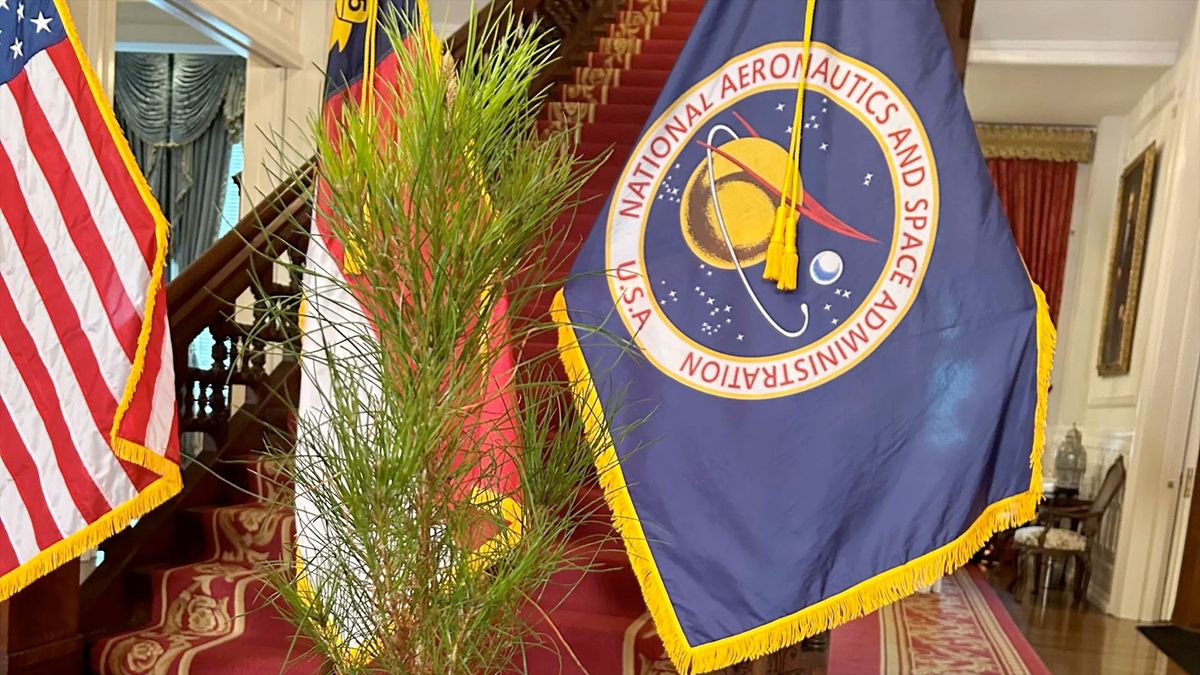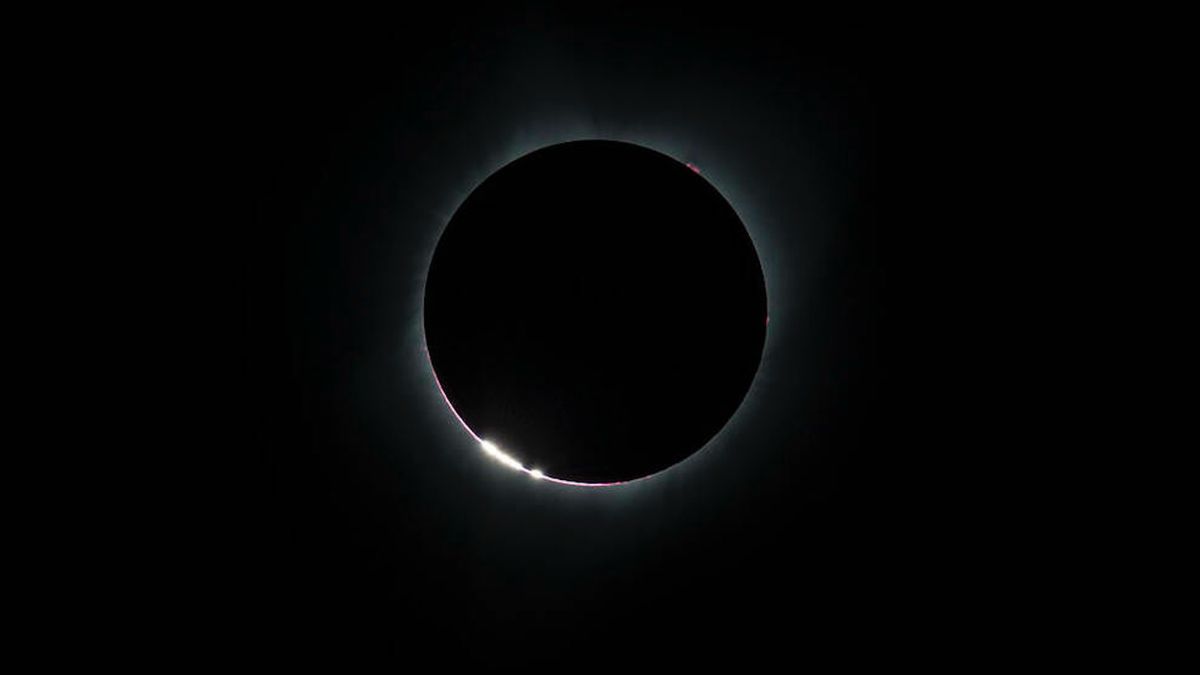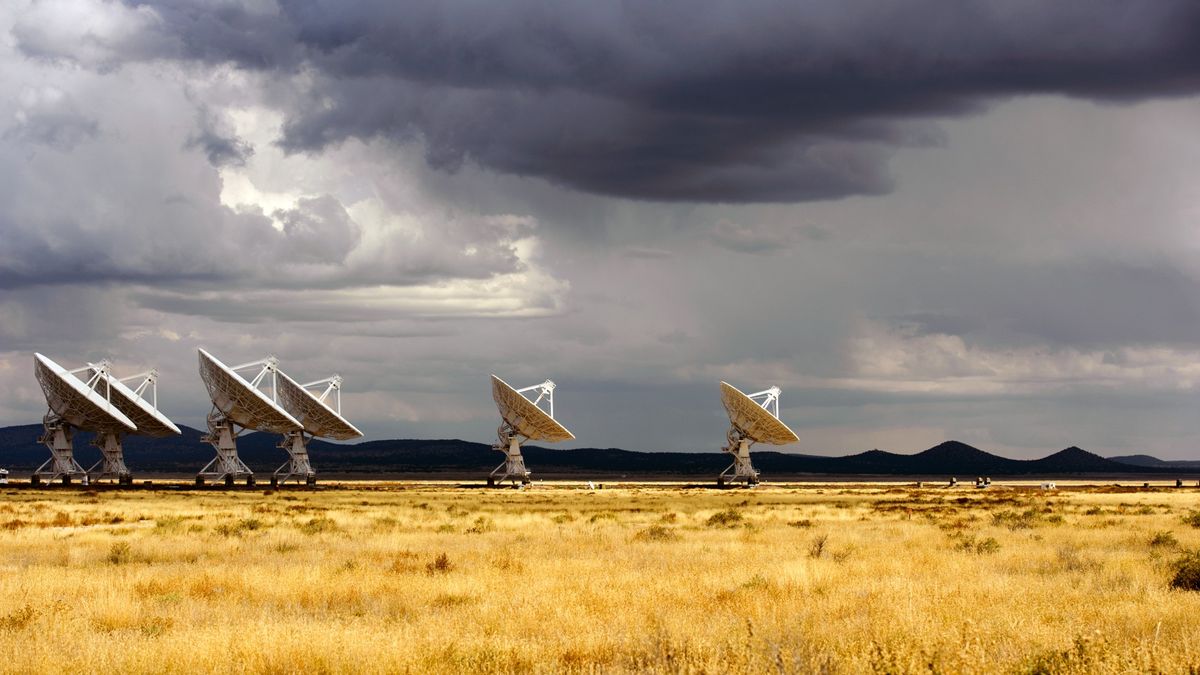The Inaugural Moon Tree Planting Ceremony
In a historic event, NASA astronaut Christina Koch, the first woman earmarked for a lunar expedition, bestowed one of the initial trees cultivated from seeds recently transported to the moon. The sapling, a loblolly pine designated as a “Moon Tree,” was graciously presented to her native state of North Carolina on Wednesday, April 24. Originating as one of over 1,000 seeds circumnavigating the moon aboard NASA’s unmanned Artemis 1 mission in 2022, this symbolic gesture marked a significant milestone in space exploration.
The Significance of the Moon Tree
“With the ceremonial planting of an Artemis Moon Tree at the governor’s mansion today, North Carolina is firmly establishing the foundation for exploration for future generations,” stated Koch, a pivotal member of the upcoming Artemis 2 crew set to embark on their celestial journey in late 2025. This poignant occasion heralded the inception of a new era for space exploration, epitomizing the unwavering commitment of North Carolina to NASA and the vibrant aerospace industry.
The distribution of Moon Trees to a fresh cohort of stewards chosen by NASA encompassed various educational and community organizations across the nation. Akin to Koch’s alma mater, White Oak High School in Jacksonville, North Carolina, these select recipients were entrusted with the care and nurture of these celestial emissaries, serving as beacons of inspiration for generations to come.
A Botanical Odyssey
Alongside the iconic loblolly pines native to North Carolina, the Orion spacecraft embarking on Artemis 1 also transported seeds of sycamore, sweetgum, Douglas-fir, and giant sequoia on its 270,000-mile, 25-day voyage through the cosmos. Upon their return to Earth, the U.S. Department of Agriculture’s Forest Service meticulously oversaw the cultivation of these seeds into seedlings, destined to become esteemed Artemis Moon Trees.
In August 2023, NASA issued a call for interested organizations to partake in the growth and nurturing of a Moon Tree. The selection criteria prioritized the ability of these entities to cater to diverse tree species and leverage their growth as a catalyst for outreach activities within their communities.
Empowering the Future Generation of Explorers
Collaborating with the Forest Service, NASA aimed to bestow a fragment of scientific history upon communities nationwide through this pioneering initiative, fostering a sense of curiosity and wonder among aspiring explorers, scientists, and environmentalists. The meticulous selection process and distribution plan underscored NASA’s commitment to enhancing public engagement and scientific literacy.
The interaction between Moon Tree hosts and the public will be fortified through quarterly virtual gatherings commencing this summer, demonstrating NASA’s dedication to fostering a sense of community and scientific camaraderie.
An Ongoing Legacy
While the full list of initial recipients remains undisclosed, a social media post revealed that Mary Chapa Academy in Greenfield, California was among the first to receive a Moon Tree sapling, underscoring the nationwide scope of this groundbreaking endeavor. Building upon the legacy of Apollo 14 command module pilot Stuart Roosa’s Moon Trees, this initiative represents a new chapter in botanical exploration, intertwining the realms of space and Earth in a harmonious tapestry of scientific endeavor.
“A new era of Moon trees will one day stand tall in communities across America,” affirmed Bill Nelson, NASA’s administrator, encapsulating the agency’s commitment to kindling a spirit of discovery and innovation that transcends the boundaries of our terrestrial existence. The legacy of these Moon Trees will endure as symbols of creativity, inspiration, and endless possibilities for future generations to explore and behold.
Image/Photo credit: source url





